Until Julian Assange Is Pardoned, Press Freedom Remains at Risk
What is the constitutional fallout from the first conviction of a publisher under the Espionage Act of 1917?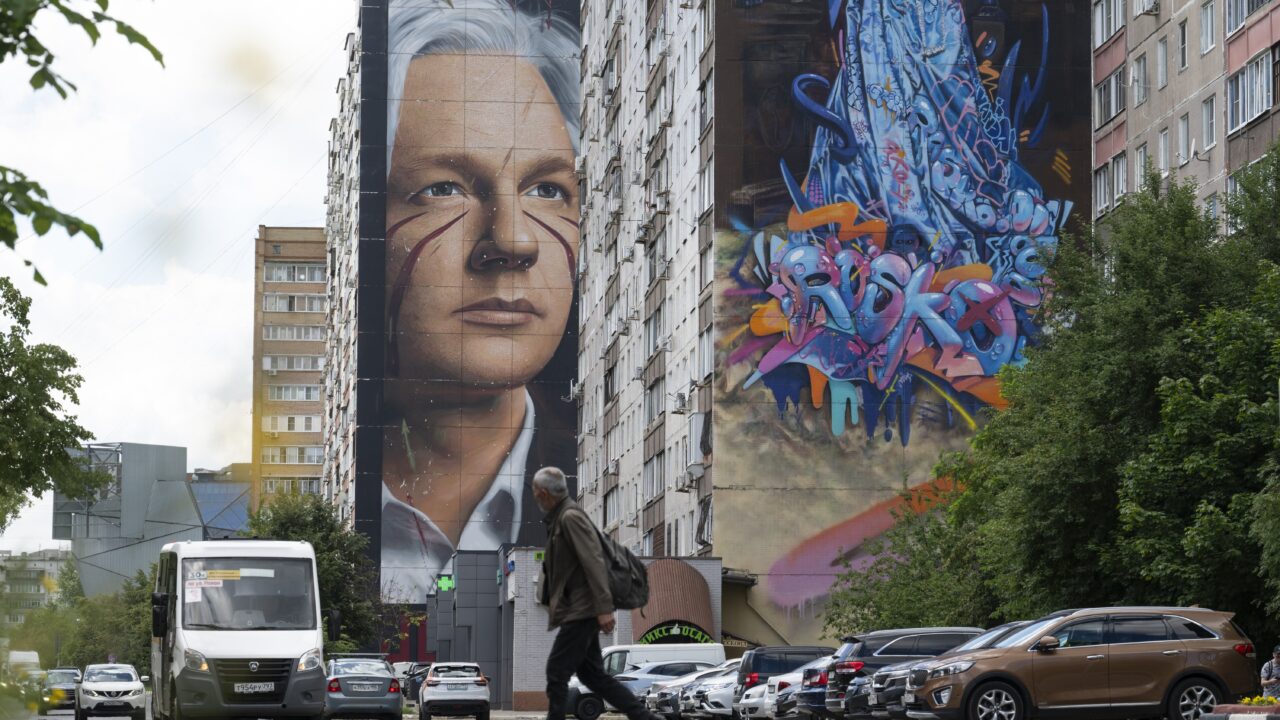 A mural showing WikiLeaks founder Julian Assange is seen on the wall of an apartment building in a street of the town of Balashikha outside Moscow, Russia, Wednesday, June 26, 2024. (AP Photo/Dmitry Serebryakov)
This is Part of the "The Persecution of Julian Assange" Dig series
A mural showing WikiLeaks founder Julian Assange is seen on the wall of an apartment building in a street of the town of Balashikha outside Moscow, Russia, Wednesday, June 26, 2024. (AP Photo/Dmitry Serebryakov)
This is Part of the "The Persecution of Julian Assange" Dig series
Without ever having a chance to vindicate his right to freedom of the press, being incarcerated for 14 years (in asylum and prison), dealing with his health failing, and being denied the companionship of his wife and two young sons, WikiLeaks founder Julian Assange pled guilty on Wednesday to a single felony count of illegally conspiring to obtain and disclose U.S. national defense secrets. Under the deal’s terms, he was sentenced to the five years already served in prison in the United Kingdom and allowed to immediately return to Australia.
According to an account in The Australian, U.S. District Court Judge Ramona Manglona asked Assange what he had done to violate the law. Assange replied, “Working as a journalist, I encouraged my source to provide information that was said to be classified.” He added that “I believed the First Amendment protected that activity, but I accept that it was a violation of the espionage statute. The First Amendment was in contradiction with the Espionage Act, but I accept that it would be difficult to win such a case given all these circumstances.” Outside the courthouse, Assange’s lawyer Barry Pollack reiterated his client’s belief that “there should be First Amendment protection for [his] conduct, but … as written, the Espionage Act does not have a defense for the First Amendment.”
It will now be left to another day for the U.S. courts to rigorously test the Espionage Act against the First Amendment. For now, it must be said that Assange deserves his freedom and our deepest gratitude for the immense sacrifices he has made in the name of defending the right of all journalists to expose government wrongdoing and war crimes. He also deserves to be pardoned by President Joe Biden.
In stark contrast, the U.S. government deserves our condemnation for prosecuting Assange in the first place, for seeking his extradition from the United Kingdom, for refusing to accept the initial decision of the U.K. judge who denied extradition on humanitarian grounds, and for making a travesty of the U.S. Constitution by arguing that neither a U.S. citizen nor a foreign citizen is entitled to rely on the First Amendment for publishing national defense information obtained from whistleblowers.
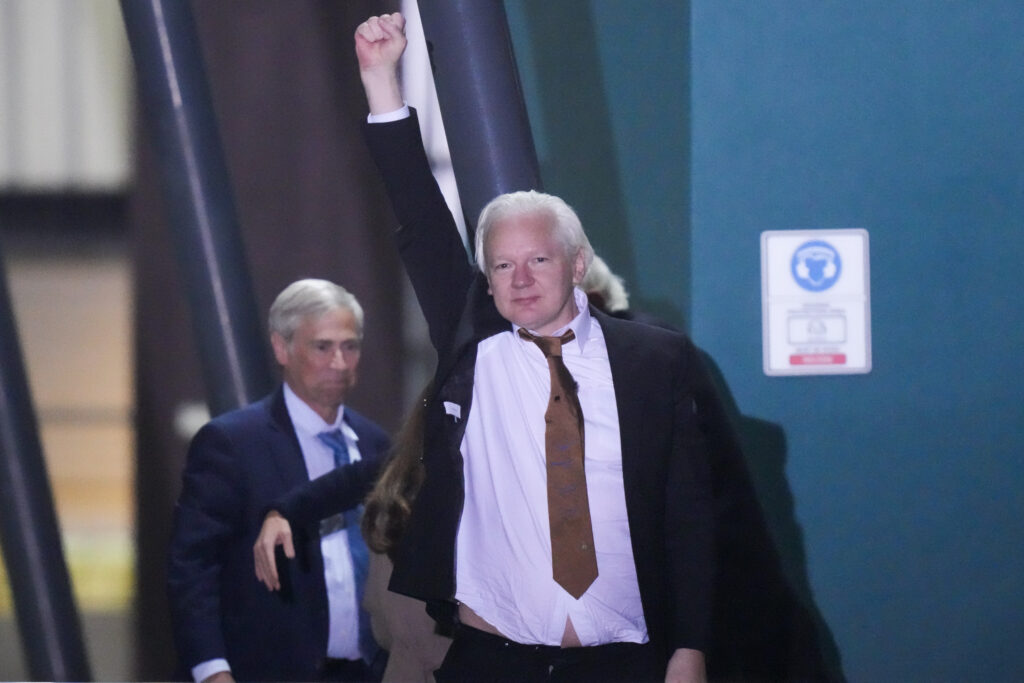
The United States government’s cruel and vindictive response was a direct result of its inability to force the U.K. to extradite Assange to stand trial in the U.S. on 17 charges of violating the Espionage Act of 1917. Instead, on May 20, in a surprising exercise of judicial independence, the U.K. High Court granted Assange permission to appeal his extradition order on the grounds that the United States had failed to adequately assure the U.K. that Assange’s right to freedom of expression would be protected if he were forced to stand trial in the U.S.
That ruling was a major victory for Assange and for the cause of press freedom. It opened the door to finally allowing Assange the full and open opportunity to argue that he should not be turned over to the U.S. because the indictment violated his rights under the European Convention on Human Rights. Article 10 provides that “Everyone has the right to free expression,” including “freedom to hold opinions and to receive and impart information and ideas without interference by public authority and regardless of frontiers.”
The U.S. could not risk an adverse ruling in the U.K. or before the European Court of Human Rights, which would expose how callously it had treated an acclaimed journalist for 14 years. Consequently, it dangled the prospect of a plea deal that would enable Assange finally to gain his freedom and be united with his family.
Assange did not plead guilty to some heinous crime, but to “activities that journalists engage in every day, and that we absolutely need them to engage in.”
On Wednesday morning, standing in the U.S. District Court for the Northern Mariana Islands, Assange paid the price for his freedom by pleading guilty to one count of violating the Espionage Act for conspiring to obtain and disclose U.S. national defense secrets. It is the first conviction of a journalist or publisher under the Act for on a charge of working with a source to obtain and disseminate information in the public interest.
But the conviction is hardly a legal precedent or an authoritative decision by a court following a full and fair hearing. It will forever bear an ignoble asterisk indicating that the “conviction” was obtained by the use of naked power over a man who lived for seven years at the Ecuadorian Embassy in London, where he had sought asylum from the long arm of United States, and who was incarcerated under severe and deplorable conditions at the notorious Belmarsh Prison for more than five years.
Assange did not plead guilty to some heinous crime, but to “activities that journalists engage in every day, and that we absolutely need them to engage in,” said Jameel Jaffer, executive director of Knight First Amendment Institute at Columbia University. “In this respect, the case establishes a terrible precedent, even if it’s not one the courts have fully endorsed.”
“Press freedom and human rights groups — including the Knight Institute,” Jaffer continued, “repeatedly criticized the administration for pursuing the case, arguing that the prosecution of Assange for publishing government secrets was impossible to reconcile with the administration’s stated commitment to press freedom.”
“The case is a disgrace,” James C. Goodale, the former vice chairman and general counsel of The New York Times, who led a team of lawyers representing the Times in the historic Pentagon Papers case, told Truthdig. “The plea deal with Assange asks him to concede he was a part of a conspiracy to obtain national security information. The Justice Department has long sought to criminalize the newsgathering abilities of the press and to use this case as a precedent to criminalize the basic functions of the press, which in part includes publishing classified information. The fact that Assange had to agree to settle this case and agree with government claims is disappointing, but he can hardly be blamed for anything after all he has been through.”
“It is a great relief that the Assange case ended,” Goodale continued. “Had Assange lost, it would have been a huge defeat for the First Amendment. This is because, first of all, it would have been the first case to have been brought against publishers under the Espionage Act. And secondly, it would have effectively reversed the protection afforded to publishers by the Pentagon Papers case not to stop publication before it takes place.”
“Seeing Julian on the brink of liberty is a bittersweet moment for all of us who’ve either advocated or closely followed this case for more than a decade,” said Carey Shenkman, co-author of the definitive work, “A Century of Repression: The Espionage Act and Freedom of the Press.” “While it is heartwarming to see him finally see freedom, none of this was acceptable, and he should be pardoned. The fact that he was forced to endure year after year of detention and legal limbo, and ultimately forced to admit guilt for something journalists do every day, is an affront to the First Amendment.”
“Had Assange lost, it would have been a huge defeat for the First Amendment.”
“But for the efforts of people around the world demanding his freedom,” Marjorie Cohn, dean of the People’s Academy of International Law and former president of the National Lawyers Guild, told Truthdig, “Julian Assange would still be in custody, facing a cruel extradition to the U.S. where he would be held in inhumane conditions, denied a fair trial and likely spend the rest of his life behind bars.”
The campaign to draw attention to the Assange case and build a worldwide effort to “Free Assange” is one of the most impressive international protests movements in the history of press freedom. It has been led by Stella Assange, Julian’s wife; his father John Shipton; his brother Gabriel Shipton; his legal team in the U.K. and Pollack, his U.S. attorney.
In the United States, the Courage Foundation, an organization formed to support truth tellers and whistleblowers, turned its attention to the Assange case in 2017. According to Nathan Fuller, director of the foundation, the “movement to free Julian Assange has been a truly global effort. Activists on nearly every continent, in dozens of countries and hundreds of cities have each played a meaningful part in securing Julian’s release. I’m proud and honored to have been a part of that effort, and to have met so many amazing people along the way.
“What happened outside of the courtroom has been just as important as inside,” continued Fuller. “We rallied in the streets, hosted panel discussions, called our representatives, wrote op-eds, shared blog posts, produced videos, created artworks. This effort required incredible teamwork and voices in every corner of civil society speaking up, [including] groups of lawyers, professors, artists, politicians, doctors, journalists and free press and human rights organizations.”
Assange Defense organized and carried out dozens of campaigns within the larger goal of freeing Assange, including a webinar series with Stella Assange; lobbying Congress with letters, emails, phone calls and postcards; creating pamphlets, flyers, posters, collages and montages; and distributing 150 banners for coordinated banner drops. In addition to Assange Defense, a number of other groups formed across Europe, Latin America and the United States.
“Free Assange” has been won. “Pardon Assange” is next.
The formidable global movement has not shut its doors, but is now focused on securing a full and unconditional pardon of Julian Assange from President Biden. “Free Assange” has been won. “Pardon Assange” is next.
There is precedent for granting pardons to further the values of the First Amendment and constitutional rights. In 2003, then-New York Governor George Pataki posthumously pardoned comedian Lenny Bruce for his 1964 conviction for his controversial comedy routines, based on a petition filed by prominent First Amendment lawyer Robert Corn-Revere. In announcing the pardon, Pataki said, “freedom of speech is one of the greatest American liberties, and I hope this pardon serves as a reminder of the precious freedoms we are fighting to preserve.” He described it as “a declaration of New York’s commitment to upholding the First Amendment.”
President Donald J. Trump pardoned suffragist Susan B. Anthony, who in 1872 was convicted for casting a ballot in violation of laws that only permitted men to vote. She urged Congress to adopt a constitutional amendment extending voting rights to women, which was called at the time the “Susan B. Anthony Amendment.” It was ratified in 1920 as the 19th Amendment to the Constitution. She was pardoned on the centennial of its ratification.
At this year’s White House Correspondents’ Association dinner in April, Biden called for the immediate release of Wall Street Journal reporter Evan Gershkovich, who has been imprisoned in Russia since March of 2023 on charges of espionage. “Journalism is not a crime,” the president declared. “We are here to send a message to the country and, quite frankly, to the world: The free press is a pillar, maybe the pillar, of a free society, not the enemy.”
Biden has no authority over the prosecution of Gershkovich, but if he really believes “journalism is not a crime,” he will use his unquestioned power to pardon Assange.
Your support is crucial...As we navigate an uncertain 2025, with a new administration questioning press freedoms, the risks are clear: our ability to report freely is under threat.
Your tax-deductible donation enables us to dig deeper, delivering fearless investigative reporting and analysis that exposes the reality beneath the headlines — without compromise.
Now is the time to take action. Stand with our courageous journalists. Donate today to protect a free press, uphold democracy and uncover the stories that need to be told.
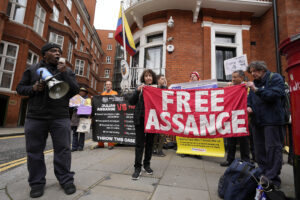
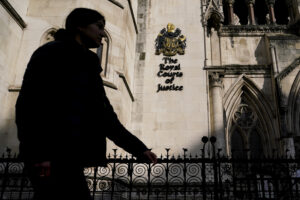

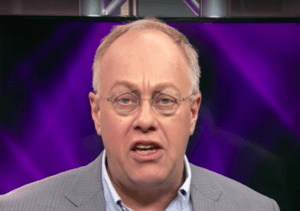

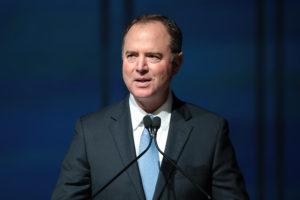
You need to be a supporter to comment.
There are currently no responses to this article.
Be the first to respond.